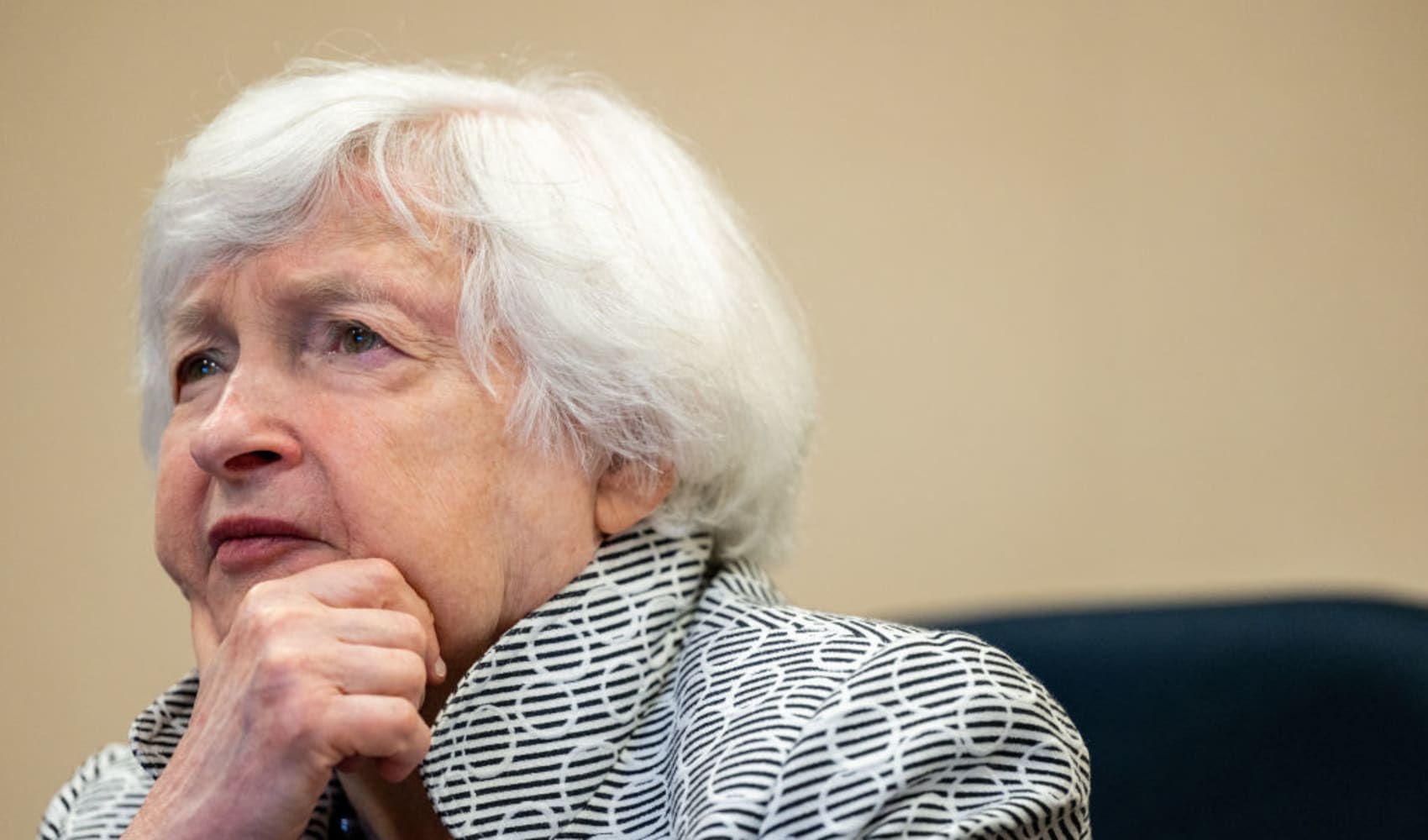Russian officials and businessmen have stolen billions of dollars during the years of preparations for the 2014 Winter Games in Sochi, a prominent Russian opposition figure claimed Thursday.
Boris Nemtsov, a former Russian deputy prime minister-turned-Kremlin critic, and an associate said in a report released Thursday that up to $30 billion was stolen in the run-up to the games in the southern Russian city.
Russia had originally announced in 2007 that the 2014 games would cost about $12 billion. Within six years, that estimate went up to $51 billion, making Sochi the most expensive Olympics in history, winter or summer. In contrast, the 2012 London Summer Olympics cost $14.3 billion.
Nemtsov arrived at the figure of $30 billion by comparing the initial cost estimate of the games with the final $51-billion price tag and with typical cost overruns at previous Olympics. He also compared the per-seat cost of Sochi's Olympic stadium with stadiums at previous games.
Nemtsov said the difference between the initial and final costs of Olympic games in the past 14 years was two-fold on average — in contrast to four-fold in Sochi's case.
"We account this irregularity for corruption, fraud, sloppiness and unprofessionalism," Nemtsov said at a press conference in Moscow.
Nemtsov did not provide a specific breakdown of the overruns that formed the basis of his $30 billion estimate of corruption.
U.S. & World
The day's top national and international news.
"It's up to investigators to do so," he said.
Russia is notorious for the extensive corruption that prevails in many fields, especially in construction, and the number of new venues needed to host the games in Sochi could have offered ample opportunities for graft.
Preparations for the Sochi games included not only building an Olympic stadium, three Olympic villages, a ski jump, hockey arenas, Alpine facilities and an Olympic cross-country venue, but major upgrades to the city's roads, bridges, hotels, trains, port, airport and its underlying power grid.
Alexander Zhukov, president of the Russian Olympic Committee, said he needed time to analyze the figures in Nemtsov's report but expressed confidence that Russian prosecutors and the Audit Chamber are keeping an eye on Olympic costs.
Zhukov defended some of the cost overruns, however, explaining that authorities had to build additional infrastructure at some of the venues, thus raising the total cost.
Jean-Claude Killy, the French Alpine star who now heads the International Olympic Committee's coordination commission for the Sochi games, sounded fatalistic about the potential for corruption in the Russian city on the Black Sea.
"I don't recall an Olympics without corruption," Killy said. "It's not an excuse, obviously, and I'm very sorry about it, but there might be corruption in this country, there was corruption before. I hope we find ways around that."
Mark Adams, an IOC spokesman who is in St. Petersburg, where the IOC executive board is meeting, said there are two budgets for the Olympic Games. The organizing committee's budget includes money from the IOC, but the government also earmarks funds for infrastructure projects.
"For us, the IOC, the budget is normal, we don't see any issues there at all," Adams said. "For the other I would refer you to the Russian government for more details on what they're trying to achieve, what the budget will go for."
In general, he said, Russia seems to be taking Olympics corruption seriously, and addressing the issue "pretty much head-on from the president down."
State auditors at Russia's Audit Chamber have repeatedly voiced concerns about the skyrocketing overruns at Sochi and have issued recommendations that prosecutors look into some of them.
Russian officials have filed numerous charges against officials at the state contractor Olympstroi and their sub-contractors. None of them has ever yet resulted in charges or a trial.
The Sochi Olympics will run from Feb. 7 to 23.
___
Jim Heintz and Irina Titova contributed to this report from St. Petersburg, Russia.



